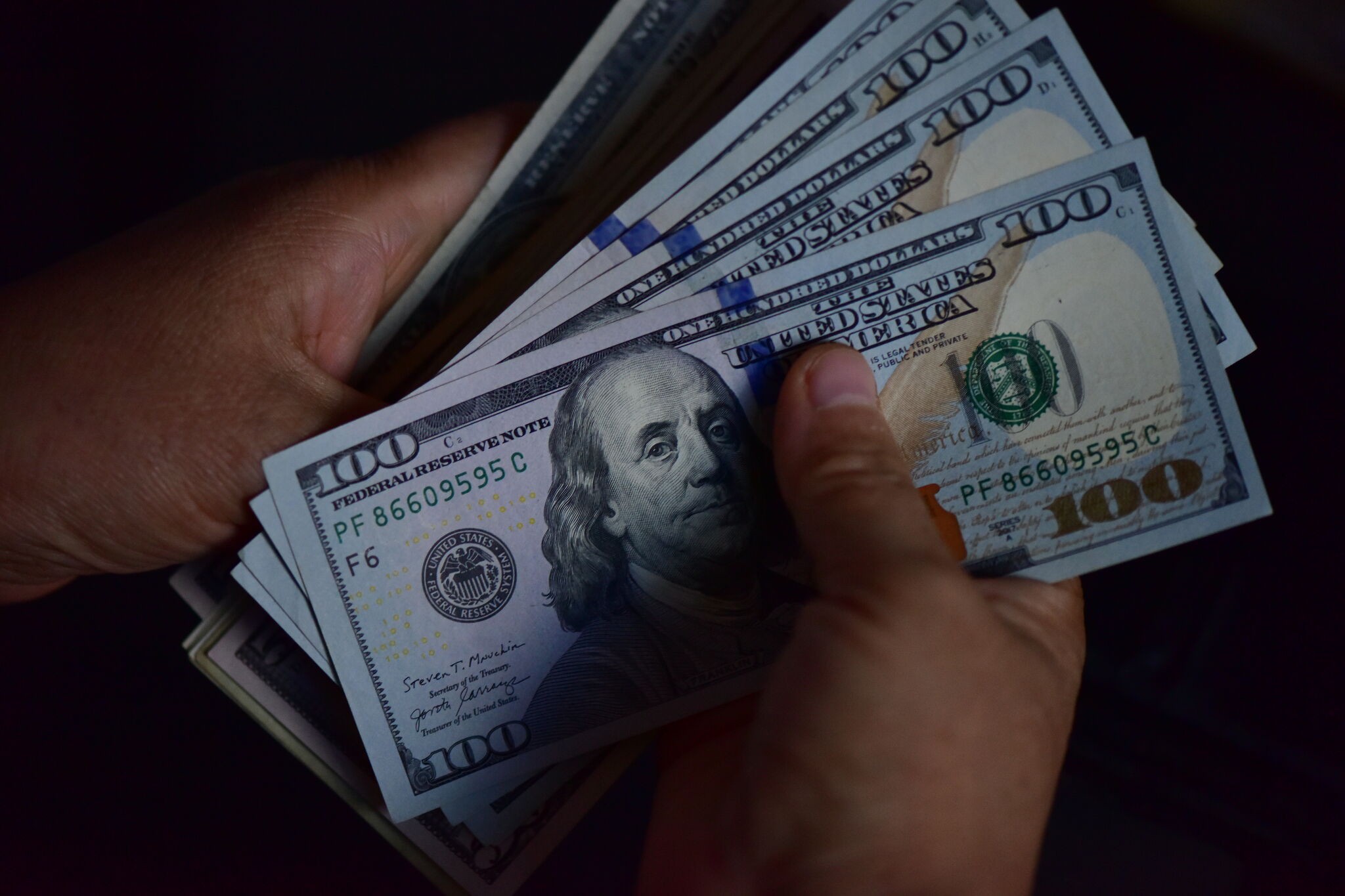news
21-year-old man sentenced in Austin for elder fraud, laundering scheme
Dhruv Rajeshbhai Mangukiya was sentenced in Austin for his role in a multimillion-dollar elder fraud and money laundering scheme, prosecutors said.
Published November 14, 2025 at 7:57pm by Lucciana Choueiry

A 21-year-old citizen of India who came to the United States on a student visa has been sentenced in Austin to more than eight years in federal prison for his role in a multimillion-dollar elder fraud and money laundering scheme, federal prosecutors said.
U.S. District Judge Robert Pitman on Thursday sentenced Dhruv Rajeshbhai Mangukiya to 97 months in prison and ordered him to pay $2,515,780 in restitution after he pleaded guilty to one count of conspiracy to commit money laundering, according to the U.S. Attorney’s Office for the Western District of Texas.
Prosecutors say Mangukiya joined a ring that used online phishing and phone calls to target vulnerable people, often older adults, across the country. Callers pretended to be federal officials or fraud investigators and told victims their bank accounts or Social Security numbers were tied to criminal activity. The victims were instructed to withdraw large sums of cash or turn over gold and other valuables to supposedly “clear” their names or protect their savings.
Couriers then met victims at their homes or in parking lots to collect the money, according to court records and the government’s account of the scheme. In one case, a victim in Granite Shoals was told his identity had been stolen and linked to drug cartels. Believing he was avoiding prosecution, he made three withdrawals totaling $180,000 and handed the cash to couriers. In another example, an elderly woman in Fort Worth received a call from someone posing as an Amazon fraud department employee who claimed her Social Security number had been stolen and bank accounts in her name were involved in money laundering. She withdrew $30,000 and gave it to a courier.
While living in the U.S. on a student visa, Mangukiya received some of that cash and gold from victims and split the proceeds with his co-conspirators, prosecutors said. When authorities arrested him at his New Jersey residence on Dec. 5, 2024, investigators found about $73,422 in cash and a printer agents say was used to make fake identification documents.
Mangukiya admitted he was paid about 2% of the fraud proceeds that passed through his hands, according to the government. He also acknowledged recruiting a co-conspirator and courier, Kishan Rajeshkumar Patel, and said they were working with two other people referred to in messages as “Hunter” and “Master.”
A federal grand jury returned a two-count superseding indictment on Dec. 3, 2024, charging Mangukiya and Patel. Federal court records show both men later pleaded guilty to single counts in a superseding charging document.
Both men admitted guilt months before they were sentenced, according to federal court records obtained by the American-Statesman. Patel entered his guilty plea in March, and Judge Pitman signed an order in June making it official. Mangukiya pleaded guilty in June, and Pitman formally accepted his plea in an August order.
Patel was sentenced on June 17 to 63 months in federal prison.

